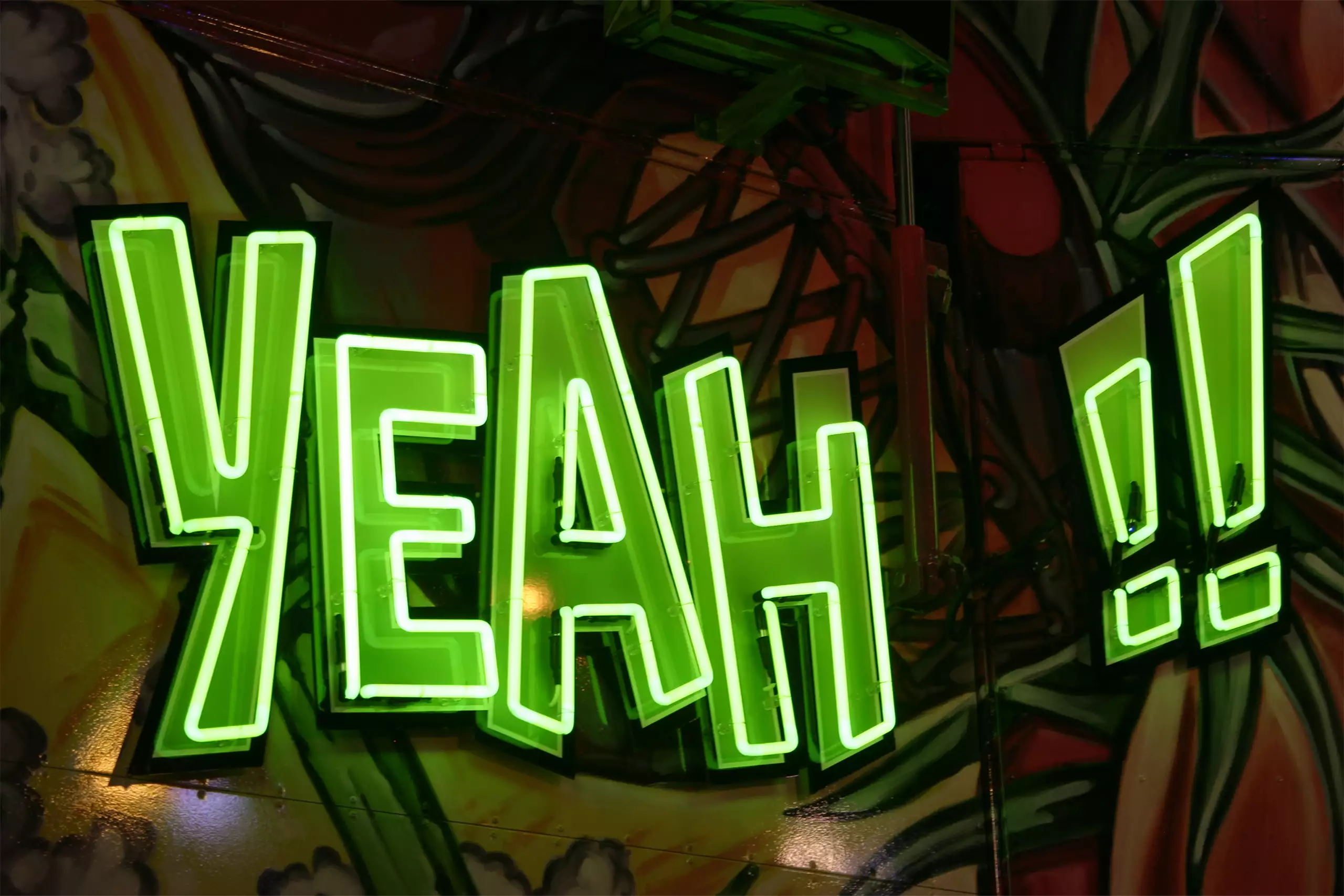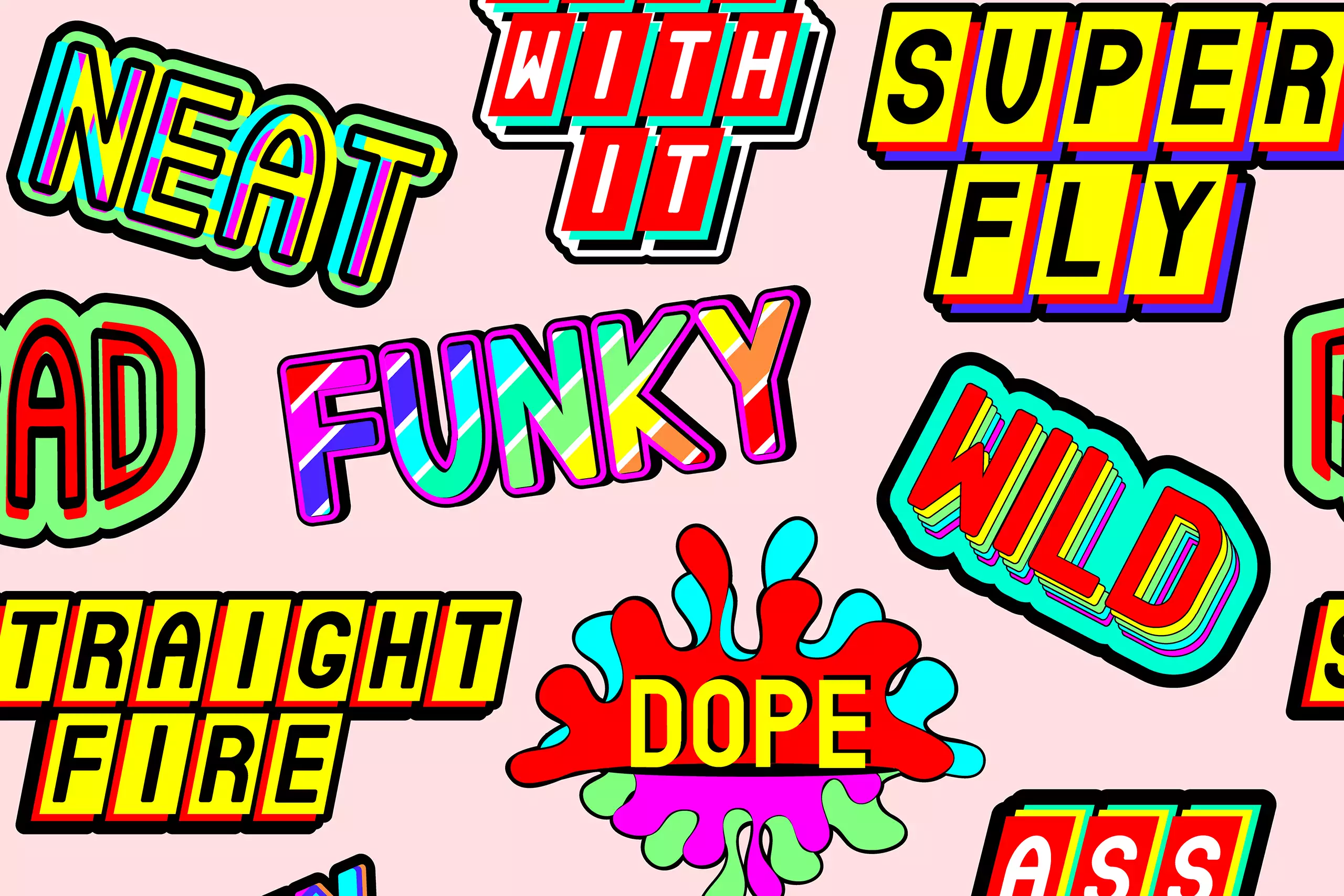The Eiffel Tower stands as an undisputed global icon, a magnificent iron lattice structure that has captivated hearts and minds for over a century. Millions flock to Paris each year, eager to witness its grandeur, climb its heights, and capture that perfect, postcard-worthy photograph. But beyond its majestic presence and romantic allure, have you ever wondered if this celebrated landmark has its own unique "Eiffel Tower slang"? It's a fascinating question that delves into the informal language and cultural nuances surrounding one of the world's most famous structures.
Many people are curious about the hidden linguistic gems that might exist for such a prominent monument. While the concept of "slang" often conjures images of informal, perhaps even edgy, terms used within specific subcultures, the reality for a global landmark like the Eiffel Tower is a bit more nuanced. This article will take you on a journey to explore whether true "Eiffel Tower slang" exists, and if not, what informal references, cultural idioms, and broader Parisian expressions you might encounter that relate to this architectural marvel.
Table of Contents
- The Quest for "Eiffel Tower Slang": More Than Just Nicknames
- Unearthing Informal References to La Tour Eiffel
- Beyond Direct Naming: Idioms and Expressions Featuring the Eiffel Tower
- Parisian Slang: What Locals Actually Say (Not About the Tower, But Near It!)
- Why "Eiffel Tower Slang" is Elusive: A Linguistic Perspective
- Navigating Parisian Culture: More Than Just Words
- The Impact of Tourism on Language and Perception
- Enhancing Your Parisian Experience: Beyond the Slang
The Quest for "Eiffel Tower Slang": More Than Just Nicknames
When we talk about "slang," we typically refer to informal words or phrases used by a particular group of people, often evolving quickly and sometimes intended to be understood only by insiders. Think of terms like "FOMO" or "lit" in English, or "kiffer" in French. The idea of "Eiffel Tower slang" immediately sparks curiosity: do Parisians have a secret, informal way of referring to their most famous monument that tourists aren't privy to? The answer, surprisingly, isn't as straightforward as one might hope. Unlike some objects or concepts that lend themselves easily to playful or coded slang, major global landmarks often retain their formal names or acquire widely recognized, affectionate nicknames rather than true "slang" terms. The Eiffel Tower, known globally as La Tour Eiffel, is so universally recognized that there's little practical need for a clandestine or informal appellation among the general populace. Its name itself carries immense weight and recognition. However, this doesn't mean there aren't interesting linguistic facets to explore when considering how people, especially locals, refer to or culturally contextualize this monumental structure. Our quest for "what is Eiffel Tower slang" therefore broadens to encompass more than just a single, hidden word, but rather the broader tapestry of informal language and cultural references that surround it.Unearthing Informal References to La Tour Eiffel
While a single, widely used "Eiffel Tower slang" term might be elusive, the monument does have enduring informal references and affectionate nicknames that are deeply embedded in French culture. These aren't necessarily "slang" in the strictest sense, but they are certainly part of the informal lexicon used by locals and those familiar with Parisian life. Understanding these terms offers a deeper insight into how the tower is perceived and cherished by the people of Paris and France. It's about moving beyond the textbook name to grasp the cultural heartbeat of this iconic structure."La Dame de Fer" (The Iron Lady): An Enduring Nickname
Perhaps the most prominent and widely recognized informal reference to the Eiffel Tower is "La Dame de Fer," which translates to "The Iron Lady." This moniker is not slang, but rather a poetic and descriptive nickname that has been used for decades. Its origin is quite literal, referring to the tower's construction from wrought iron. The "Lady" aspect imbues the structure with a sense of grace, strength, and timeless elegance, embodying the spirit of Paris itself. This term is used affectionately and respectfully by French speakers worldwide, from casual conversations to formal literature and media. It's a testament to the tower's enduring presence and its almost human-like quality in the collective imagination. You'll hear it in documentaries, read it in books, and perhaps even hear a local use it in conversation. It signifies a deeper, more intimate relationship with the monument than just its official name.Less Common Local Monikers and Affectionate Terms
Beyond "La Dame de Fer," true, widespread "Eiffel Tower slang" for the tower itself is genuinely rare. While individual Parisians or small, close-knit communities might have their own personal or localized affectionate terms for the tower – perhaps a playful twist on its name or a descriptive phrase – these are not generally recognized or widely used as "slang" across the city. For instance, a grandparent might affectionately call it "ma grande dame" (my grand lady) to a grandchild, or a group of friends might have an inside joke. However, these are personal endearments, not part of a broader, informal linguistic code. The very nature of slang is often to create a sense of belonging among a specific group and sometimes to exclude outsiders. For a monument as universally beloved and accessible as the Eiffel Tower, such exclusive "slang" would run counter to its public identity. Its formal name, "La Tour Eiffel," is perfectly functional and universally understood, leaving little room or need for widespread, alternative slang terms. The closest you get are these affectionate nicknames, which serve to humanize the structure rather than redefine it informally.Beyond Direct Naming: Idioms and Expressions Featuring the Eiffel Tower
While direct "Eiffel Tower slang" might not be prevalent, the tower frequently appears in French idioms, metaphors, and cultural expressions. In these instances, the Eiffel Tower isn't being given a new name, but rather it's being used as a powerful symbol within a phrase to convey a deeper meaning. This is where the cultural significance of the tower truly shines through in language, demonstrating its pervasive influence on the French psyche and imagination. Understanding these expressions is crucial for grasping the full cultural context of "what is Eiffel Tower slang" in a broader sense.The Eiffel Tower as a Symbol of Love and Romance
The Eiffel Tower is inextricably linked with romance, not just in global perception but also within French cultural expressions. While there isn't a specific slang phrase like "doing an Eiffel" for a romantic gesture, the tower is often invoked in contexts related to love, proposals, and romantic escapades. For example, one might hear or read about "une demande en mariage sous la Tour Eiffel" (a marriage proposal under the Eiffel Tower), which has become a quintessential romantic trope. The phrase itself isn't slang, but the *association* is so strong that merely mentioning the tower in a romantic context immediately evokes a powerful image of love and commitment. It represents the ultimate romantic backdrop, and any phrase involving it in this context taps into that established symbolism. It's less about a new word and more about the evocative power of its name in a specific emotional setting.Cultural Symbolism in Everyday Language
Beyond romance, the Eiffel Tower serves as a potent symbol of Paris, France, aspiration, beauty, and even modernity. Its image and name are used metaphorically in various contexts. For instance, a phrase might describe something as "aussi emblématique que la Tour Eiffel" (as iconic as the Eiffel Tower) to emphasize its significance. Or, if someone is experiencing the quintessential Parisian dream, they might say they are "living under the shadow of the Eiffel Tower," even if they are miles away – it's a symbolic reference to being immersed in the Parisian lifestyle. These are not "Eiffel Tower slang" terms, but rather examples of how the monument's cultural weight is leveraged in everyday language to convey deeper meanings about identity, place, and aspiration. It highlights how deeply integrated the tower is into the fabric of French cultural identity, making its name a shorthand for a whole host of concepts.Parisian Slang: What Locals Actually Say (Not About the Tower, But Near It!)
If you're truly interested in "what is Eiffel Tower slang" from a local's perspective, it's more productive to explore general Parisian or French slang that you might encounter *while* visiting the city, especially in the vibrant areas around the Eiffel Tower. Locals use slang in their daily conversations, just like people do everywhere else. Understanding some common French argot (slang) will significantly enhance your cultural immersion and allow you to connect more authentically with the Parisian way of life. Don't limit yourself to just the monument itself; the true linguistic richness lies in the everyday chatter. For example, instead of a specific "Eiffel Tower slang," you might hear: * **"Kiffer"**: A very common verb meaning "to like" or "to love" something or someone informally. "Je kiffe Paris!" (I love Paris!). * **"C'est ouf!"**: The verlan (slang where syllables are inverted) for "c'est fou!" meaning "that's crazy!" or "that's amazing!" You might hear this in reaction to a stunning view of the tower at night. * **"Un mec" / "Une meuf"**: Informal terms for "a guy" and "a girl/woman." * **"Chelou"**: Verlan for "louche," meaning "weird" or "sketchy." * **"Nickel!"**: Meaning "perfect!" or "great!" * **"Franchement"**: Often used as an interjection meaning "frankly" or "honestly," similar to "seriously." These are the kinds of informal expressions that truly characterize Parisian street talk, far more so than any specific "Eiffel Tower slang." Knowing a few of these can make a big difference in how you perceive and interact with the local environment. It’s about being able to understand the vibe, the rhythm, and the authentic voice of the city beyond tourist brochures.Why "Eiffel Tower Slang" is Elusive: A Linguistic Perspective
The scarcity of direct "Eiffel Tower slang" can be understood through a few linguistic and sociological lenses. Slang typically arises for several reasons: to create a sense of in-group identity, to express defiance, to be playful, or to simplify common concepts. For a globally recognized monument like the Eiffel Tower, these drivers often don't apply in the same way they would for a new trend, a specific profession, or a subculture. Firstly, the Eiffel Tower is a public, universally understood entity. Its official name, "La Tour Eiffel," is efficient and carries no negative connotations that would necessitate a replacement slang term. There's no need for a "code word" for something everyone knows. Secondly, slang often thrives on a certain level of irreverence or a desire to subvert formal language. While Parisians have a playful spirit, their relationship with the Eiffel Tower is largely one of pride and affection, making irreverent slang less likely to stick. Lastly, slang tends to be more ephemeral and localized. The Eiffel Tower, by contrast, is a permanent, monumental fixture in a global city. Its enduring presence and universal appeal mean that its formal name is the most effective and widely accepted way to refer to it, both locally and internationally. Any attempt at widespread "Eiffel Tower slang" would likely be seen as unnecessary or even a bit forced, struggling to gain traction against the deeply ingrained and respected official name.Navigating Parisian Culture: More Than Just Words
Understanding "what is Eiffel Tower slang" or indeed any local slang is just one piece of the puzzle when immersing yourself in a new culture. Parisian culture, like any other, is rich with unspoken rules, body language, and social etiquette that are just as important as the words you use. For instance, a simple "Bonjour" (hello) and "Merci" (thank you) are non-negotiable and demonstrate respect. Maintaining eye contact, understanding personal space, and even the nuances of ordering coffee can all contribute to a smoother, more enjoyable experience. While knowing a few slang words can be fun and show effort, true cultural competence comes from observing, listening, and respecting local customs. Don't be afraid to try out a few French phrases, even if your accent isn't perfect. Parisians generally appreciate the effort. It's about opening yourself up to the full spectrum of local life, not just its linguistic quirks. The beauty of Paris lies not just in its monuments but in the vibrant tapestry of its people and their daily interactions.The Impact of Tourism on Language and Perception
The sheer volume of tourism in Paris, particularly around the Eiffel Tower, also plays a role in how locals refer to and perceive the monument. For many Parisians, the Eiffel Tower is an everyday landmark, part of their urban landscape, rather than a constant tourist attraction. While they appreciate its beauty and significance, their interaction with it is often different from that of a first-time visitor. This daily familiarity means there's less need for special "Eiffel Tower slang" to describe it; it simply *is* there. Furthermore, the global nature of tourism means that English, as a lingua franca, is widely spoken in tourist-heavy areas. This can sometimes reduce the impetus for tourists to learn local slang, and for locals to use it when interacting with visitors. However, for those who venture off the beaten path or engage with locals in less tourist-centric environments, the authentic Parisian linguistic landscape, including its slang, becomes more apparent. The tower's global fame reinforces its formal identity, making any informal "Eiffel Tower slang" feel almost redundant in the face of its universal recognition.Enhancing Your Parisian Experience: Beyond the Slang
Ultimately, the quest for "what is Eiffel Tower slang" reveals that while specific, widely used slang terms for the monument itself are rare, the Eiffel Tower's presence in French language is undeniable through its poetic nicknames, cultural symbolism, and the broader context of Parisian idioms. To truly enhance your Parisian experience, focus on embracing the city's rich linguistic tapestry as a whole. Don't limit yourself to just searching for specific slang for the tower. Instead, simply understanding a few general French phrases, learning some common Parisian slang, and engaging respectfully with locals will open up a world of authentic experiences. You can discover amazing locations that you've always wanted to visit, and connect with the heart of Paris in a way that goes far beyond a simple tourist visit. Welcome to Paris, where families and friends travel better together, and where every conversation offers a chance to deepen your understanding of this incredible culture.Conclusion
In conclusion, the notion of a distinct "Eiffel Tower slang" is largely a misconception. While the magnificent La Tour Eiffel holds a cherished place in the hearts of Parisians and the world, acquiring affectionate nicknames like "La Dame de Fer" (The Iron Lady), it rarely inspires true, widely adopted slang terms. Its universal recognition and iconic status mean that its formal name remains the most effective and commonly used reference. However, the tower's profound cultural symbolism ensures its frequent appearance in French idioms and expressions related to love, beauty, and Parisian identity. For those eager to dive into the authentic linguistic landscape of Paris, the real treasure lies not in specific "Eiffel Tower slang," but in understanding the broader spectrum of Parisian argot and informal French. By learning common local expressions, respecting cultural nuances, and engaging with locals, you'll unlock a richer, more meaningful experience of the City of Lights. So, next time you gaze upon the Iron Lady, remember that its story in language is less about secret words and more about its enduring power as a symbol that resonates deeply within the French spirit. What are your thoughts on informal language for famous landmarks? Have you encountered any unique local terms for iconic places? Share your experiences in the comments below, or explore more of our articles on French culture and travel tips to deepen your understanding of this captivating country!Related Resources:



Detail Author:
- Name : Prof. Noel Bechtelar I
- Username : rbreitenberg
- Email : nkuphal@gmail.com
- Birthdate : 1997-05-26
- Address : 35722 Gerald Parkway Connside, NH 74259
- Phone : +1.551.916.1267
- Company : Boyer and Sons
- Job : Soil Scientist OR Plant Scientist
- Bio : Quod consequuntur modi facilis non et et. Ipsum placeat omnis velit qui. Debitis dolor quis facere quis eum aut voluptatem.
Socials
twitter:
- url : https://twitter.com/yadira_christiansen
- username : yadira_christiansen
- bio : Et asperiores hic quia qui ut. Asperiores aut aut fugiat qui natus quasi. Pariatur doloremque ut quidem sit. Aperiam omnis sit voluptatibus fugit.
- followers : 4728
- following : 364
instagram:
- url : https://instagram.com/yadira_christiansen
- username : yadira_christiansen
- bio : Provident officia enim quam itaque. Non maxime quisquam non.
- followers : 1558
- following : 2652
tiktok:
- url : https://tiktok.com/@yadira_id
- username : yadira_id
- bio : Sit quo voluptatum voluptates quia molestias velit dolores officia.
- followers : 5524
- following : 479
facebook:
- url : https://facebook.com/yadira_christiansen
- username : yadira_christiansen
- bio : Nostrum minus voluptatibus quia qui possimus.
- followers : 110
- following : 1678